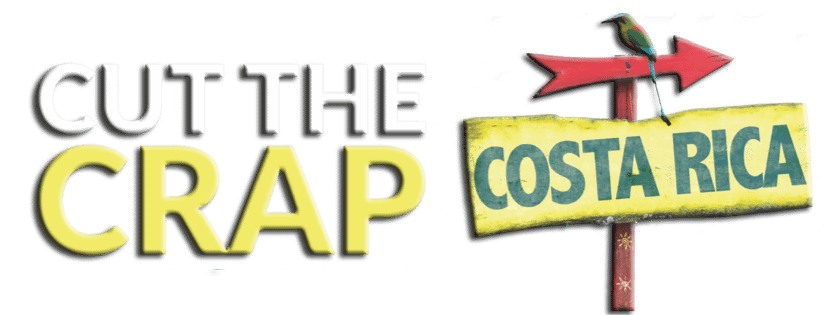
What you need to know about hot water and showers in Costa Rica
We're back to give you a heads up regarding the water situation in Costa Rica. Don't take hot water for granted.
It sounds pretty basic, considering the majority of North America has hot water in every faucet or at least every home. But that is not always the case in Costa Rica. There is a large percentage of homes that do not have hot water. In many homes that do have hot water, it is limited to only the shower or certain faucets.
Don't take hot water for granted! So what is the water situation in Costa Rica?
It sounds pretty basic, considering the majority of North America has hot water in every faucet or at least every home. But that is not always the case in Costa Rica. There is a large percentage of homes that do not have hot water. In many homes that do have hot water, it is limited to only the shower or certain faucets.
We have visited and stayed in some homes that would be considered relatively upscale range that did not have hot water. We jumped in the shower ready to relax but instead felt the invigorating flow of cold water cover our bodies.
It's not like the US
Every home we lived in back in the United States had a large water heater that provided hot water to the entire home. Having been real estate agents we were all too aware of the need to ensure the tank of the hot water heater was in good repair. On a handful of occasions, we even dealt with the issue of a leaking tank and even replaced a few.
We had a few friends back in the states who had converted to the new technology of instant hot water heaters however they were not common at the time. We were jealous of these friends and looked forward to the day we could enjoy the benefits of these new advances in hot water technology.
Different hot water sources in Costa Rica
In Costa Rica we have only seen a couple of the standard hot water heaters with the tank; however, most tanks are smaller. Our second condo had a small one that was about half the size of our home in the U.S. This unit was sufficient for our usage. The downside was that it heated up the utility room and in turn the rest of the condo. Keeping the tank warm costs more in utilities than the more common instant hot water units.
Wall-Mounted instant hit water units
Many of the homes we have lived in here in Costa Rica have had wall-mounted instant hot water units. These units are capable of heating the water very quickly and to a very high temperature. You can adjust the max temperature of the water for comfort and safety. They use less electricity than the tank units and we definitely prefer them.
The last form of heating water that we have experienced in Costa Rica is what we like to refer to as the "suicide shower". Using electricity directed through a coil, the water is heated just before delivery. We have seen a few of these units that looked perfectly safe to use. However, on occasion, the places we have visited have had heaters that were old and looked as though you would be showered with a lightning stream. This form of water heating is cheap to install so it is common to be found in lower-income housing or remote areas.
Tip
We are not sure if it is just miscommunication or poor workmanship but we have experience many instances where the hot and cold water are switched on the faucet. It could be that the installer thought that the "C" stood for "caliente", which means hot in Spanish.
Our advice; if you feel you need hot water, be sure to ask if it is available. If you are not sure if it is a priority for you, try taking a few cold showers or washing your dishes with cold water and see if you feel you can do without it.




